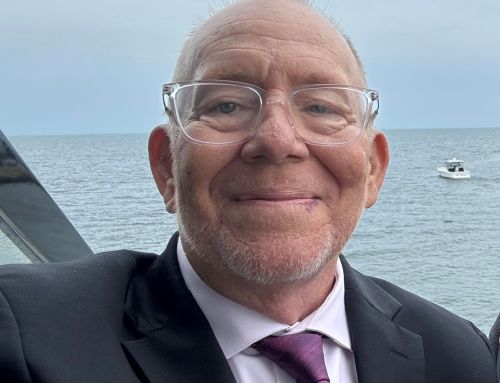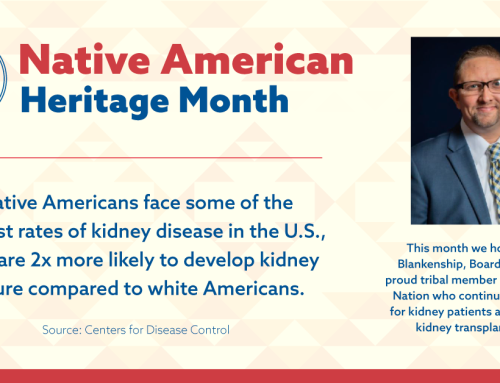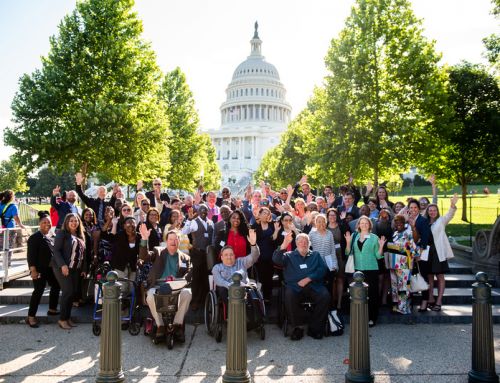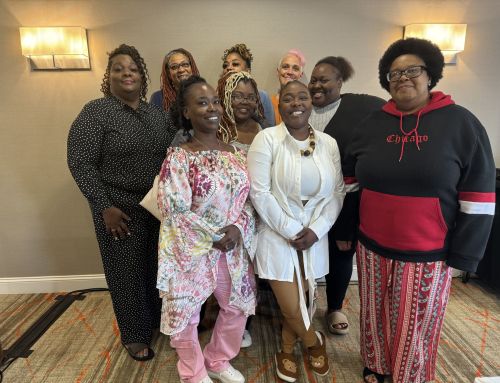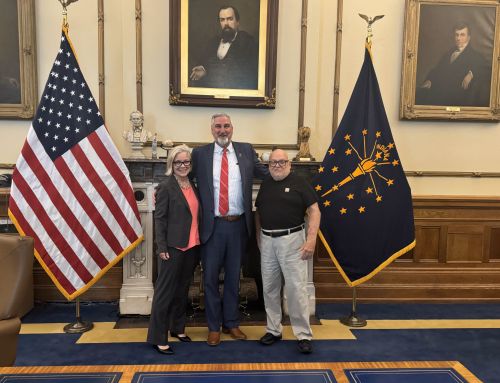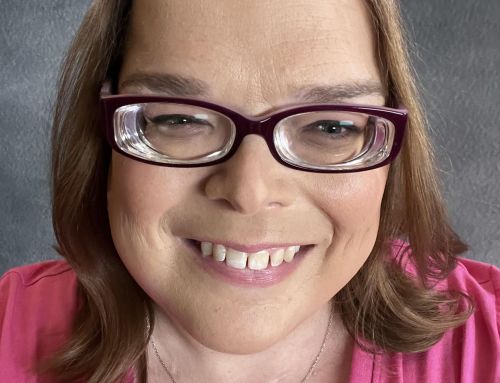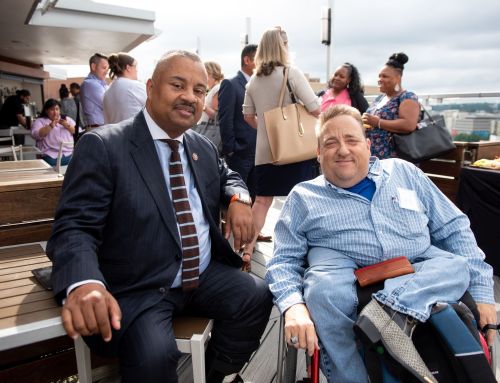2021 was supposed to mark the beginning of three new Medicare programs to demonstrate innovations in kidney care, but a last-minute decision from the Center for Medicare and Medicaid Innovation has suspended two of them. This action unfortunately leaves about 50,000 dialysis patients with a nine-month gap in extra assistance they were receiving from a successful program that expired March 31. Here is the rundown on the current landscape of Medicare demonstration projects that impact dialysis patients.
Demonstration projects are used by Medicare to test new models of care and/or new models of paying providers within Medicare’s traditional fee-for-service program. Most projects are intended to encourage care coordination—services beyond the minimum requirements, that go the “extra mile” to prevent complications that put patients in the hospital. These projects focus on Medicare’s fee-for-service program because patients enrolled in managed care plans (the Medicare Advantage program) already receive such services.
The Comprehensive Kidney Care Contracting (CKCC) Project: Delayed Until 2022
The Comprehensive Kidney Care Contracting project was supposed to build upon the existing Comprehensive End Stage Renal Disease Care (CEC) Model structure – in which dialysis facilities, nephrologists, and other health care providers form ESRD-focused accountable care organizations to manage care for beneficiaries with ESRD – by adding Medicare beneficiaries with chronic kidney disease (CKD) stages 4 and 5 to the project, with incentives to delay the onset of dialysis and expedite kidney transplantation. However, Center for Medicare and Medicaid Innovation announced in March that the program will be delayed until next year.
The CEC project, also known as the ESRD Seamless Care Organization or ESCO program, has proven to be one of Medicare’s most successful demonstration projects, improving care and saving money for the government. Many of the existing ESCO sites were due to become CKCC sites on April 1. The delay means that case managers have been laid off and will no longer monitor patients for potential problems. Further, several new participants were unable to begin operations. DPC vigorously protested this decision, but the government has declined to either extend the previous program or permit participants who were ready to move forward on a rolling basis.
The Kidney Care First Project: Delayed Until 2022
The Kidney Care First project is open to participation by nephrology practices only. Participating nephrologists were to receive capitated payments for managing care of aligned beneficiaries with CKD Stages 4 or 5, and for those on dialysis, with bonuses for improving health outcomes and reducing expenditures compared. In addition, KCF practices will receive a bonus payment for every patient who receives a kidney transplant, with the full amount of the bonus paid over three years following the transplant, provided the transplant remains successful.
End-Stage Renal Disease Treatment Choices (ETC) Model: Implemented on January 1, 2021
The ESRD Treatment Choices (ETC) Model was part of President Trump’s Advancing Kidney Health Executive Order aimed at increasing use of home dialysis and kidney transplants. Approximately 30% of kidney care providers were randomly assigned to the ETC Model based upon geographic regions. Within those regions, dialysis clinics and nephrologists will receive bonuses for meeting or exceeding targets and penalties for missing them. However, the targets are not expected to be achieved, and Medicare estimates a net reduction in support for kidney care of $23 million over five and a half years.
DPC opposed this program because of the cuts to kidney care; because the patchwork system could divert resources away from patients who were not randomly assigned to the project; and because the assignments often target patients who do not need the extra help at the expense of poor and minority patients who do. DPC sent a letter to newly appointed Biden Administration appointees asking that the ETC project be replaced by a grant program addressing specific barriers to home dialysis and transplants.
Other Programs That Cover Kidney Patients: Continued Growth
Demonstration projects such as the ESCOs, CKCC, and Kidney Care First are considered “value-based payment” arrangements because providers, such as nephrologists and dialysis centers, share in the financial risk of outcomes, good and bad. This incentivizes care coordination and prevention because providers get to keep money that would have been spent on hospital care. Medicare has several of these programs, such as Accountable Care Organizations, that include dialysis patients alongside other local Medicare beneficiaries. A new Medicare demonstration called Direct Contracting includes one organization, Vively Health, that will specialize in kidney patients spread across 27 states.
Kidney providers can also enter into value-based payment arrangements with Medicare Advantage plans. Partnerships that provide care coordination similar to ESCOs include Dialysis Clinics Inc. and Humana; Fresenius and Humana and Fresenius and Aetna; and DaVita and Blue Cross/Blue Shield of Minnesota. But while the clinical care is the same, there is one major difference between demonstration projects within Traditional Medicare and value-based care in Medicare Advantage plans: Medicare Advantage enrollees must stay in the plan’s network, while patients in ESCOs, accountable care organizations and Direct Contracting remain free to see any provider.








